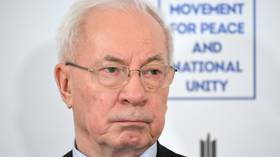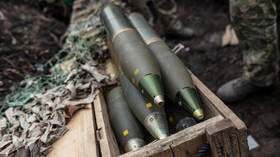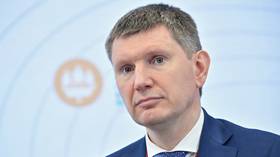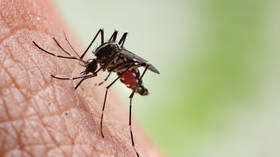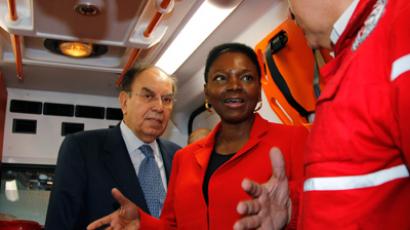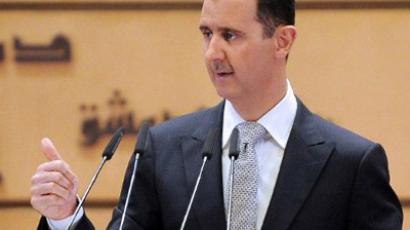Syrian conflict turning into ‘war of attrition’
Syrian forces have captured the rebel stronghold of Idlib, while President Bashar Assad has set parliamentary elections for May 7. Political analyst Chris Bambery, however, believes the conflict is far from over.
Syrian forces Tuesday concluded a three-day operation to capture the northern city of Idlib, located near the country’s border with Turkey. This followed a month-long siege of the Baba Amr district in the city Homs. These apparently successful operations seem to give Assad's government momentum in crushing the rebellion. But with heavy criticism coming from the West and neighboring countries, many analysts and politicians have come to the conclusion that Assad will, sooner or later, have to leave office.“Assad will leave power – it's not a question of if, but when,” US President Barack Obama said during a meeting with British Prime Minister David Cameron.Nabil El-Araby, the Secretary-General of the Arab League also said on Tuesday that the regime’s killing of civilians amounted to crimes against humanity, and called for an international inquiry. In the meantime, the effort by the UN’s newly appointed Syrian envoy Kofi Annan to broker a ceasefire and start peace talks has so far been unsuccessful. Meanwhile, the Syrian government agreed to go forward with parliamentary elections, which had been postponed a number of times, on May 7. They are set to be the first under the country’s new constitution, which was overwhelmingly approved at a February referendum. But political analyst and socialist politician Chris Bambery believes the elections will do nothing to ease the violence.“I think it’s always difficult for a regime like this to make reforms because as soon as they are seen to offer reforms it is sensed by some as weakness,” he told RT. “And I think it’s probably after a year too late.”Bambery thinks there will be more fighting – and more deaths. “I think it’s a war of attrition here, and I think the Free Syrian Army obviously can’t stand up to the forces of Assad, they’ve lost inside the cities,” he noted. “But I think Assad has a problem as well. There have been desertions from his military forces and it must be difficult to recruit inside Syria.”He believes Assad is now at the point of no return for stepping down. “Assad himself, if he stepped down, I don’t think could stay in Syria. I don’t think any Arab country is going to take him in,” he explained, “I think it is too late for him to step down and be replaced.”Bambery also says there will be an intervention and that a covert one is already underway. “I think there is going to be an intervention,” he said. “We are already seeing this group ‘Friends of Syria’ meeting in Tunisia. There all these military advisors being sent to the Free Syrian Army, arms are coming in, we know that arms have been running across the border from Iraq. Saudi Arabia has been involved in stoking up sectarian tensions itself.”But he also noted that the West would prefer to arm armed groups outside the country, as it would be easier for them to control them.“They look at Libya, and there they intervened into a process that was already underway and really having supported those militias, they weren’t able to establish militias, they weren’t able to control them,” Bambery explained. “It’s easier to control them if they’re out with Syria or on the border areas.” He compared the West’s arming strategy to the way the US and its allies ran the Contras during the 1980s civil war in Nicaragua.


